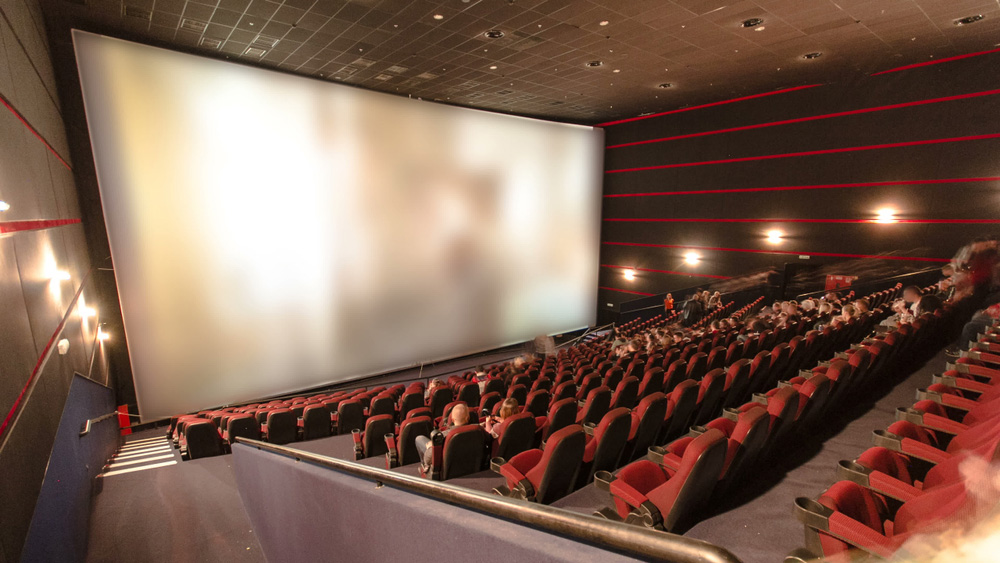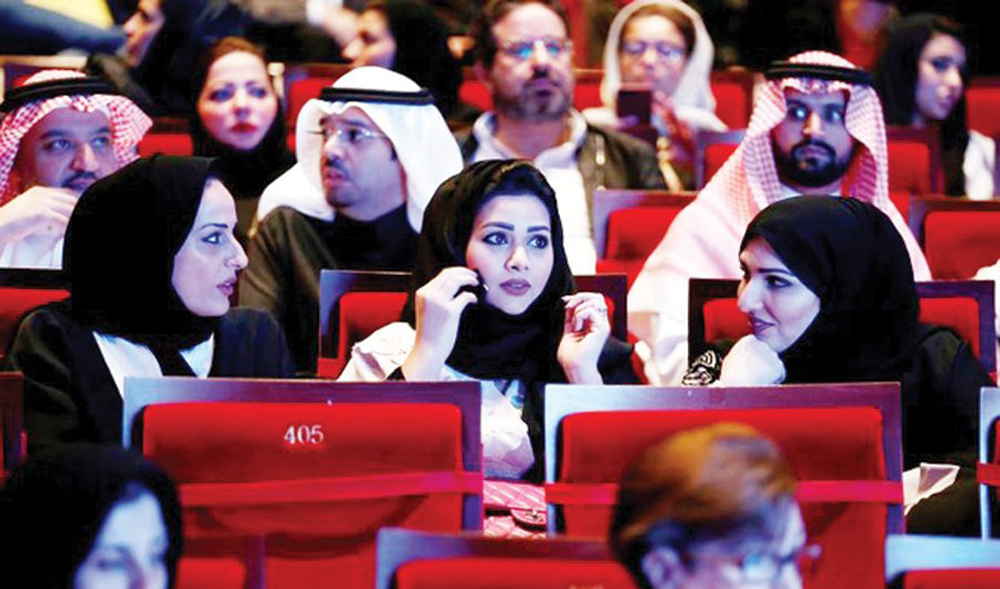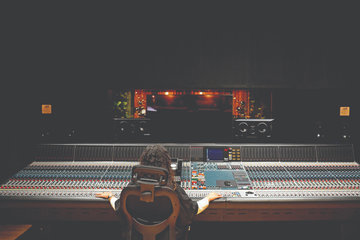
By the end of the year, the Saudi Arabian city of Jeddah is expected to open the doors to its very first cinema, which will be located in The Red Sea Mall. As reported by Arab News, the mall’s marketing manager, Mohammed Al-Asiri, explained that the new venue will be located on an 8,000-square-meter space and will have 1,472 seats in 12 halls, including standard and VIP halls, an IMAX screen, a 4DX auditorium with motion-controlled seats, and halls for children.
“There will also be special seats for people with special needs […] The standard halls will contain 165 or 130 seats, there will be 48 seats in each of the golden (VIP) halls, the IMAX hall will have up to 280 seats, the 4DX hall will have 62 seats, and there will be 66 seats in each of the halls allocated for children,” explained Al-Asiri. “The IMAX screen is about 13 meters long and is 24 meters tall, which is equivalent to 10 regular displays, according to experts. This technology has the ability to film and display movies with greater size and accuracy than any traditional film system.”

Saudi Women in the Cinema
At the end of 2017, Saudi Arabia announced its landmark decision to allow public cinemas to operate once again, almost four decades after the ban was put into place. Rescinding the cinema ban is in line with Vision 2030, the Kingdom’s social and economic reform program spearheaded by Crown Prince Mohammed Bin Salman. This new vision is focused on encouraging a vibrant society (that includes a rejuvenated entertainment sector), opening up the country, diversifying its economy, and transforming Saudi Arabia into a business and tourism destination.
With specific regards to the push for public cinemas across the country, Vision 2030 aims to increase Saudi household spending on cultural and entertainment activities from 2.9 percent currently to 6 percent by 2030. Lifting the cinema ban will open up a domestic market of over 32 million people, and, according to CIC.org, “will have an economic impact that will increase the size of the media market, stimulate economic growth and diversification by contributing more than 90 billion riyals (USD $23.99 billion) to GDP, creating more than 30,000 permanent jobs and more than 130,000 temporary jobs by 2030.”

















